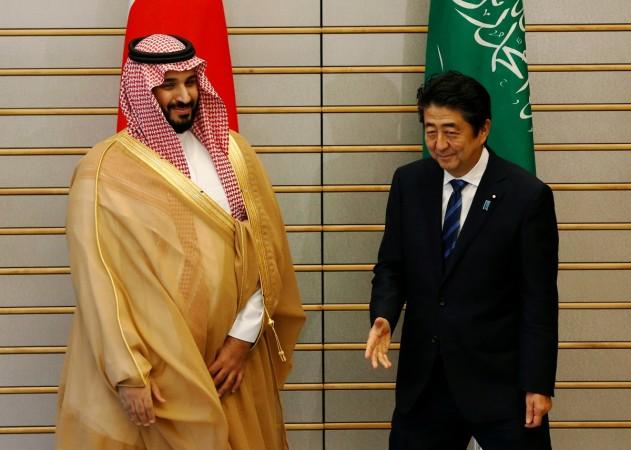
He was a leader in the making for some time. Now, the King of Saudi Arabia, Salman, has given Mohammed bin Salman's leadership a formal recognition by appointing him as the crown prince, replacing Prince Mohammed bin Nayef.
The development, which is not common in Saudi politics, did not occur overnight. Thirty-one-year-old bin Salman has fast grown into a prominent figure in Saudi politics in the recent past while Nayef, almost double his age, was seen increasingly playing a low-profile role.
Being young, ambitious and energetic, bin Salman always had the advantage of eclipsing the ageing Nayef, who suffers from diabetes and might also feel fatigued by the attempt of assassination on him in 2009. The man, who has played a big role in Saudi's internal security, gradually started retreating from the public sphere at a time when oil prices ran low and other crisis in West Asia, making observers feel that bin Salman was fast sidelining him. The speculation proved to be true on Wednesday.
Also apart from the fact that the young bin Salman looks a ready candidate to serve Saudi Arabia's interests for a long time, his elevation also hints at another factor and that is Riyadh's growing focus on a stronger foreign policy to bolster a robust nationalism. Nayef has been known to be a master of devising counterterrorism tactics but with Saudi now going for an Islamic front to fight terrorism, backed by the US, Nayef's strong point was neutralised.
The Saudis now favour an assertive foreign policy to be conducted under the influential leadership of bin Salman, a man who has made quite a name in the outer world. His meeting with US President Donald Trump ahead of the latter's visit to Riyadh in May was described "historic" by observers for it did wonders in resetting the Saudi-US relations after the disappointment in the Barack Obama days.
The mini palace coup asserts that as it is being seen in many parts of the world, Saudi Arabia, too, is busy nurturing a national identity whereby it intends to emerge as a major power without banking too much on western support.
Bin Salman has played an instrumental role in the Saudi-led war in Yemen, something which has widened the divide between the young and old guards in the kingdom. The man, along with the United Arab Emirates' de facto head Sheikh Mohammad bin Zayed, has also played a pivotal role in isolating Qatar and slammed the US-Iran closeness during the Obama presidency. He is hell-bent on putting his country on a track to becoming an aggressive power in the region, beyond the familiar ambit of the oil industry.
So far, the young crown prince of Saudi Arabia has been on a superdrive. He has eclipsed his domestic opponent and now all set to succeed his father as the next Saudi king. But can he afford to be too reckless when it comes to his foreign policy in order to make it powerful?
Time will surely tell.

















